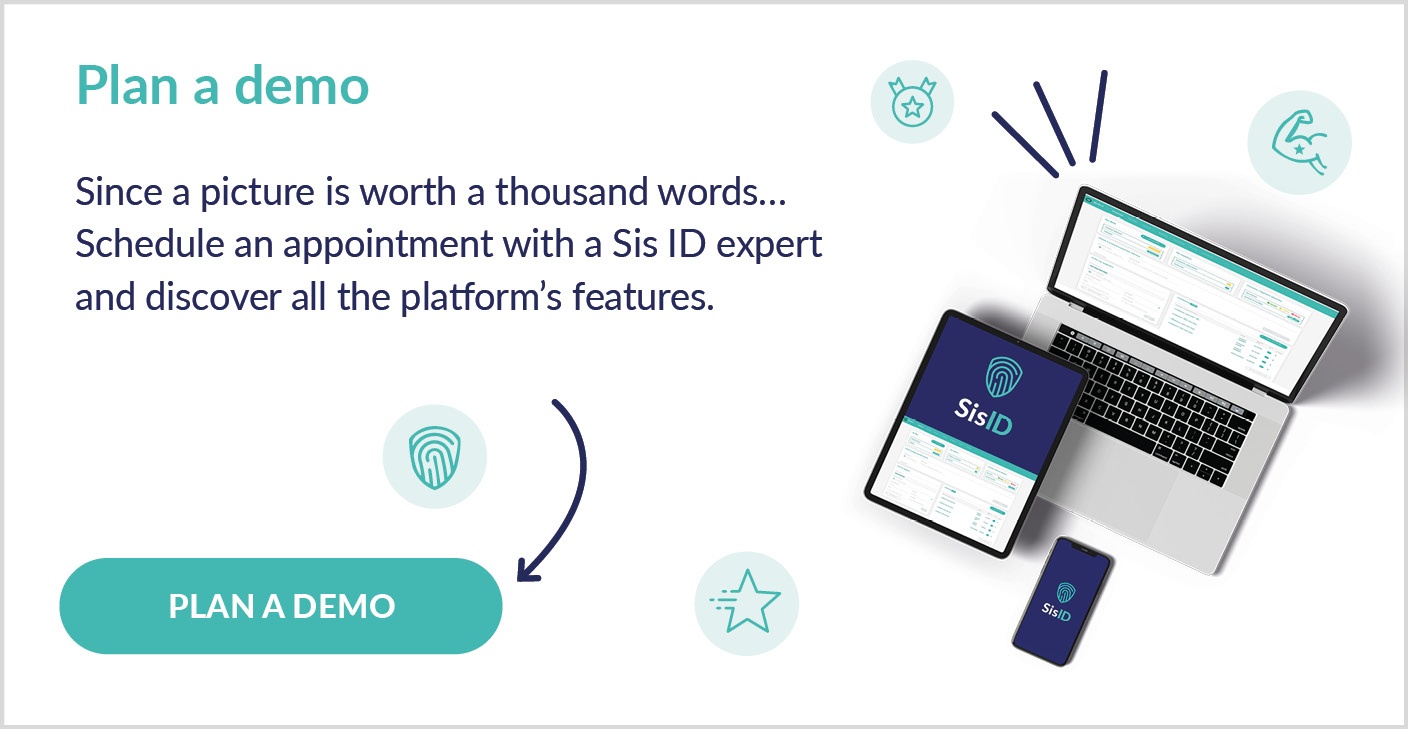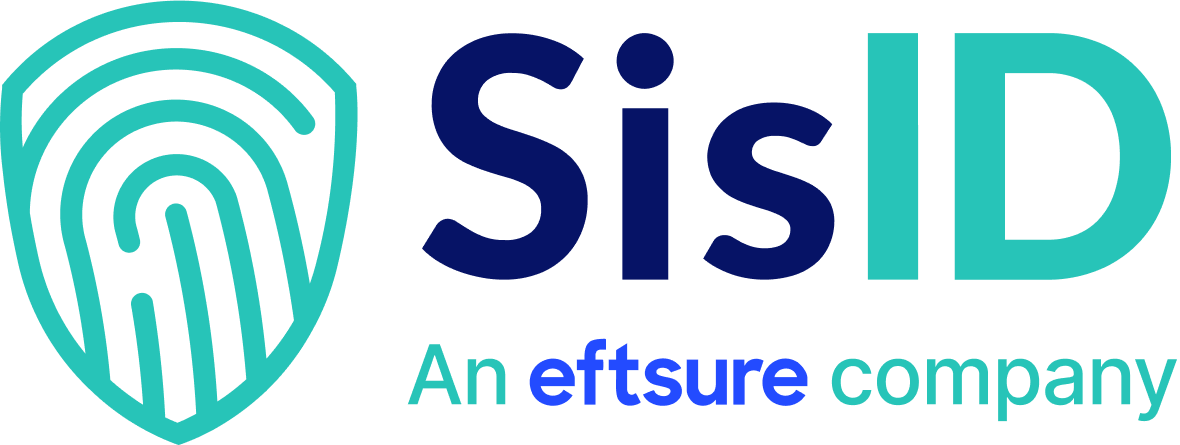Know Your Business: How business can safeguard their activities and compliance ?
In today’s complex business environment, Know Your Business (KYB) practices are essential for companies looking to reduce risks, meet regulatory standards, and safeguard operations. Implementing KYB processes allows businesses to thoroughly verify their partners, stakeholders, and suppliers, ensuring transparency and trust throughout their business relationships.
What is know your business (KYB) ?
The practice of “know your business” involves a comprehensive understanding of the intricacies of your company. This foundational knowledge serves as the cornerstone for informed decision-making, facilitating strategic planning aligned with the unique dynamics of your business.
In the day-to-day workings of a business, a vigilant approach is essential to safeguard against risks and ensure seamless operations within the evolving framework of regulations. From risk management to fraud prevention, implementing robust measures is crucial. Proactively addressing operational security concerns allows businesses to cultivate a secure environment conducive to sustained growth.
Through KYB, companies can:
Key steps in implementing KYB
Verifying business identity
To ensure the legitimacy of your business partners, you must:
Assessing ownership and beneficial owners
It’s critical to identify Ultimate Beneficial Owners (UBOs)—the individuals who ultimately control or benefit from a company.
Evaluating financial health
Assessing the financial stability of a company is a core aspect of KYB. This involves:
Regulatory compliance and risk assessment
Ensuring compliance with regulations is essential to avoid legal penalties. Businesses must:
Continuous monitoring and updates
KYB isn’t a one-time process—it requires ongoing vigilance to adapt to changes in business relationships.
Best practices for continuous monitoring:

KYB vs KYC : what’s the difference ?
While KYB focuses on verifying companies, KYC (Know Your Customer) targets individuals. Integrating both processes strengthens compliance and risk management.
Key elements of KYC:
Combining KYB and KYC helps businesses build a comprehensive compliance framework, reducing exposure to fraud, money laundering, and reputational risks.
Benefits of implementing KYB:
Implementing KYB processes delivers significant benefits to businesses, including:





